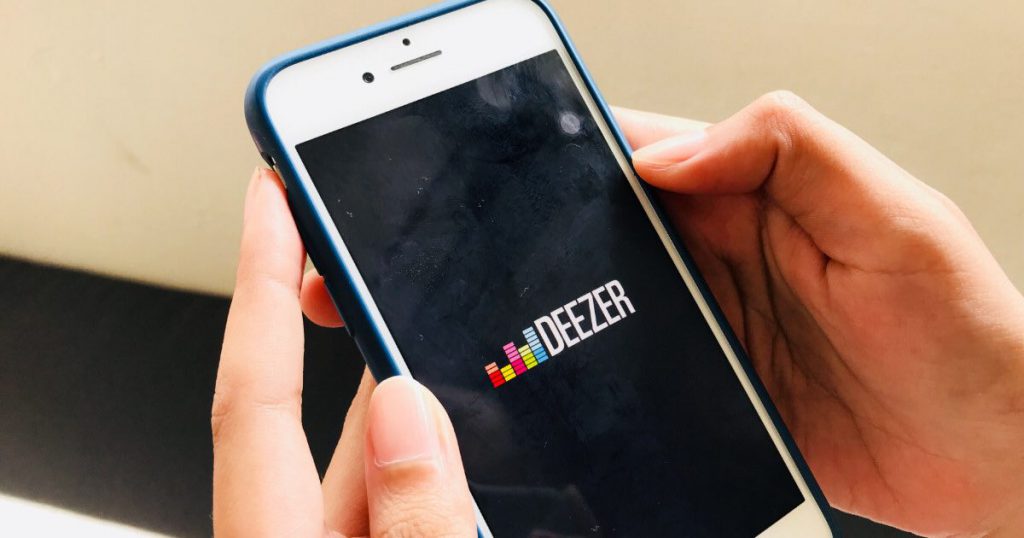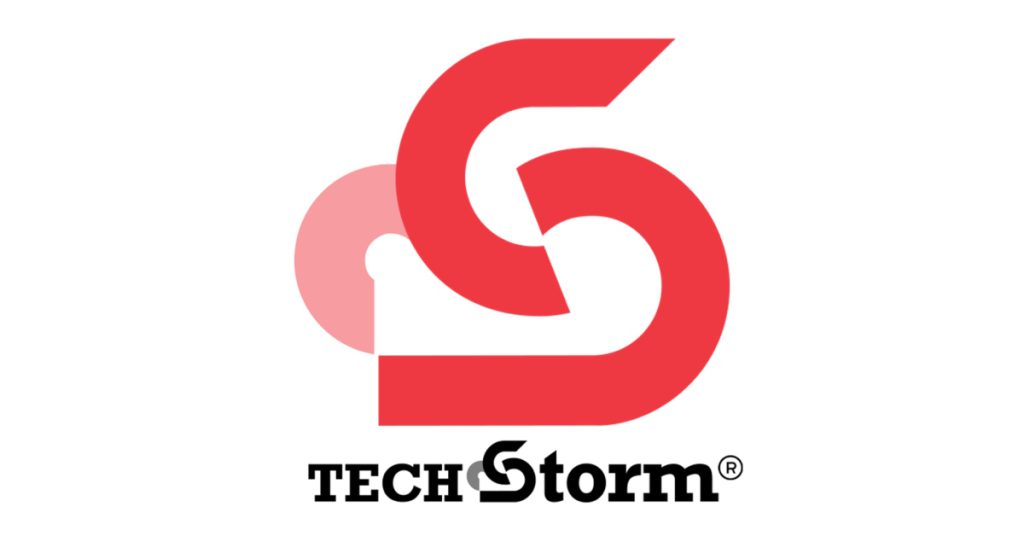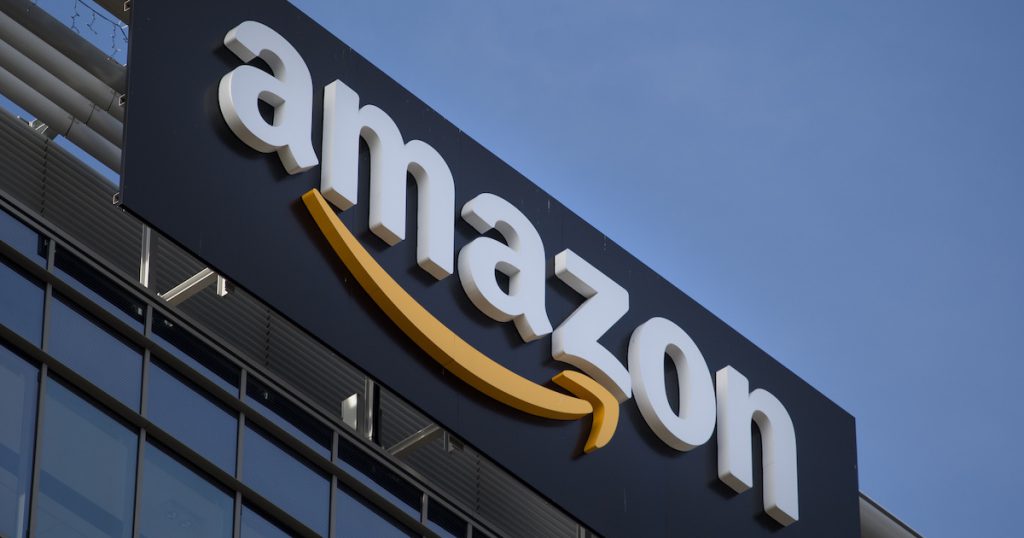One of the many news that caught our eyes this week was the new ‘partnership’ between music streaming service Deezer and Singtel Music.
Through the partnership, instead of the usual S$9.90 monthly music subscription fee, Singtel post-paid users can enjoy an introductory rate of S$0.88 for the first two months, after which it will be at S$7.90 a month.
While some other media outlet reported that this partnership is Deezer’s first move into Singapore, the music streaming service actually launched in Singapore over 4 years ago in 2013.
Back then, Deezer entered into a similar partnership with M1 to provide discounted premium accounts to the telco’s users.
Other than partnering with M1, Deezer also launched a few other aggressive marketing campaigns by partnering with Jetstar and Grab.

Deezer was busy then too, not just in Singapore, but around Southeast Asia.
Other than M1 in Singapore, Deezer had also partnered up with major telcos around the region.
In Malaysia, it has tied up with telco DiGi, and has also partnered with telco dtac in Thailand to offer exclusive discounts and perks to these telco subscribers. In the Philippines, it has also partnered with telco SMART.
All of this happened around 2014 and 2015.
And then it was radio silence from Deezer – until recently.
Deezer’s second attempt to woo consumers in Singapore might be too little too late.
As we all already figured out by now, Deezer is competing against main rival Spotify, a brand that has become a household name not just in Singapore, but globally.
Earlier this year, Spotify announced that it crossed the 70 million paying subscribers mark globally.
Putting this into perspective, as of last year, Deezer only has 12 million active users, out of which about 9 million of them are paying subscribers.
With a higher number of users, Spotify has a significant competitive edge against Deezer because of the popular network effect.
The more friends you have on a platform, the harder it is to move to a new platform. That’s the case with Spotify, where you can follow your friend’s public playlist, and see what songs they are currently listening to.
Other than competing on the network effect of Spotify, there hasn’t been much public announcement or innovation from the Deezer team.
Spotify on the other hand, has been keeping their hands busy. While the Deezer have always been focusing on discovering and local indie musicians since its early days, Spotify has also taken that on, launching its own emerging-artist initiative called RISE.
“We have the biggest distribution system in the world for streaming music, so why not use that to help young artists,” Troy Carter, Spotify’s head of creator services, said to Billboard.
With the launch of RISE, QZ noted that Spotify is now not just a music streaming service, but it is fast becoming the music industry itself.
It is also reported that Spotify is ramping up efforts to produce its own physical products, with job descriptions stating that the roles will contribute to “creating innovative Spotify experiences” via connected hardware.

All points seems to point out that Deezer is fighting a losing battle with Spotify, a brand that local artists Gentle Bones, Charlie Lim, Jasmine Sokko, The Sam Willows all have official accounts on.
The partnership with Singtel Music might just be Deezer’s one last attempt at the Singapore market.
But one may wonder, if partnerships between music streaming services with telcos will work, shouldn’t it have yielded more subscribers uplift when Deezer partnered with M1, Digi, dtac and SMART in Southeast Asia?
The silver lining for Deezer?
Streaming is still a relatively young market, with just about 10 per cent penetration globally. According to Goldman Sachs, the paid streaming market is expected to grow 16 percent to $28 billion by 2030 in terms of annual revenue.
And that is a lot of money and potential new subscribers for Deezer.














